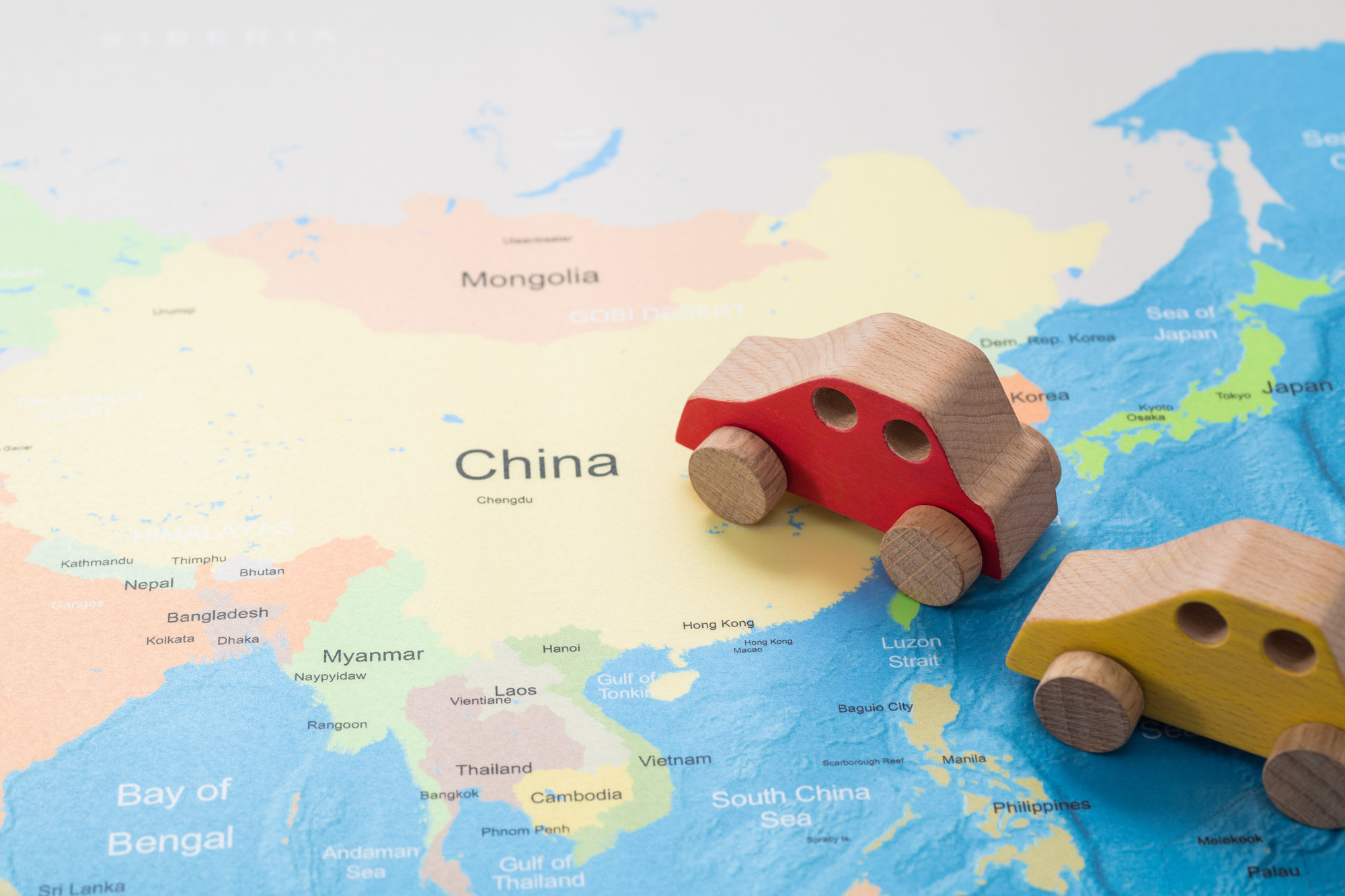2014/08/05
No. 202: Futoshi Matsumoto, "Iraq at a Crossroad and Japan's Role"
[PDF version]
A century-old border has begun to melt rapidly in the quicksand of the Fertile Crescent. The Sykes-Picot Agreement that had defined the modern Middle East has been shattered by the "Islamic State of Iraq and Sham" (ISIS) and a new border is apparently being drawn.
Iraq is dramatically slipping further toward a potential break-up as a nation-state with ISIS' encroachment toward Baghdad. The country is on the verge of disintegrating into three parts reflecting its religious and ethnic divisions: "Shiistan", "Sunnistan" and "Kurdistan," if I may name them accordingly.
Three reasons nurtured this current trend.
First, prolonged turmoil in Syria leads to the emergence of ungoverned space in the northwestern border of Syria, where ISIS has come to rule relentlessly.
Second, Iraqi Prime Minister Nuri al-Maliki chose a path of authoritarian governance and exacerbated existing tensions both with Kurds and Sunnis.
Third, we should not forget the clandestine work of former Baathists led by Izzat Ibrahim al-Douri, former vice chairman of the Iraqi Revolutionary Council and close confident of former President Saddam Hussein. They have come to collaborate with members of ISIS to take over Iraq as a whole.
Thus it is only natural that the Iraqi central government under Nuri al-Maliki was obliged to take a resolute stand against the nexus of ISIS and former Baathists. However, al-Maliki's concentration of power among Shiites or, more precisely among his own men, particularly since the general election in 2010 has alienated all segments of Iraqi society except his own group.
As a result, his current fight against ISIS and former Baathists cannot attract any substantial support within Iraq unless al-Maliki seriously considers resigning as prime minister. His battle now seems very solitary as "al-Fitna al-Taifiya", or sectarian strife in Iraq, deeply divides the society.
Meanwhile, Kurds in the north have taken a step forward toward de facto independence, particularly after having achieved their long-dreamt goal of safeguarding Kirkuk. The recent popular referendum in Crimea must have provided the Kurdistan government with a roadmap for its independence.
Given the moderate stability and peace being enjoyed by Iraqi Kurds, it is rather inconceivable to totally deny them a right to self-determination. Regional countries may also expect the Kurdistan government to function as a temporary buffer state against any violence spilling over into their territories.
Clearly the fundamental question that faces us is whether Iraq as a modern nation-state will evaporate sooner or later. It is too early to judge the fate of Iraq because the following two factors, one domestic and another external, are gradually changing the regional dynamics in favor of a unified Iraq.
First, the built-in social mechanisms in Iraqi society continue to prevail. A deeply-rooted social fabric that binds different religious and ethnic affiliations is more resilient than some may think. Ironically, the harsh authoritarian rule of the former President Saddam Hussein also strengthened Iraqi nationalism in a way.
Second, the US and Iran, former adversaries in Iraq, now look to each other more as partners for the sake of Iraq. This external factor ultimately favors a stable and united Iraq rather than an unstable and disintegrated one. Two regional hegemons now agree to support Iraq. Russia is also counted as a staunch supporter of Iraq because of its hatred of radical Islamists, including Chechen jihadists fighting in Syria and Iraq. Even the Syrian government has begun to closely cooperate with Iraq without hesitation. Simply put it, nobody wants to lose Iraq any further.
With ISIS declaring its own "Caliphate" by establishing the "Islamic State" and dropping "Iraq and Sham" from its original name at the end of June, the tide has finally changed more than one month after the takeover of Mosul.
Iraq and Syria have at last been turned into a fierce battlefield between two clearly different camps. The protagonists and antagonists in this serious game have finally become clear: modernity versus pre-modernity. It was not coincidental to see the beginning of small clashes between the "Islamic State" and Sunnis in the north of Iraq.
The longer their rule in parts of Iraq, the less will be the success of the marriage of convenience between the "Islamic State" and the Baathists due to their different outlooks and ideologies. Hardcore nationalists such as the Baathists never trust Islamic jihadists. This weakness will definitely lead the jihadists to failure in the end. Besides, even the Saudis will not allow the jihadists to monopolize Islamic legitimacy any further.
Meanwhile, Grand Ayatollah Sistani's recent call to Iraqi politicians for a unified government, together with the Sadrists' insistence on the resignation of al-Maliki in late June, added more pressure on Nuri al-Maliki to form a more inclusive government. Most likely against the will of al-Maliki, the Iraqi government will be restructured sooner or later before the scheduled date for the second parliamentary session on August 12.
Lastly, Kurds may be prevented from achieving an ultimate independence as long as their export of oil depends on the will of Turkey who may not wish an independent Kurd state as its neighbor. However, the Kurdistan regional government may achieve more autonomy possibly under the "confederated" Iraq.
Japan should not stand idle, watching this radical development from the sidelines as someone else's problem. The stability of the vast oil-rich area of the Middle East depends ultimately on the fate of Iraq.
Moreover, it is Iraqis themselves who desire Japan's lasting engagement in Iraq, having a close affinity with Japan due to nostalgia about their past business relations during Iraq's modernization in the 1970s and 1980s. It is a very promising country, with the potential of increasing its oil exports up to 6 million barrels per day in the near future. A number of major projects for the production and export of natural resources are already underway by Japanese contractors.
Let us never forget: Japan is closely linked to Iraq's modernity itself. If Iraqis are fighting against diabolical pre-modernity, Japan is better positioned than any other country to offer its version of ""oriental" modernity" to Iraqis who suffer from this dire struggle.
Japan has been a major stakeholder in the reconstruction of Iraq ever since the end of the Iraq War. Our commitment to the future of Iraq was made more than a decade ago with our blood. So much has been achieved by so few who were so brave. Once again it is high time to reaffirm Japan's continued support to the unification of Iraq and to demonstrate Japan's diplomatic integrity toward the Middle East.
Futoshi MATSUMOTO is Senior Research Fellow at the Institute of International Policy Studies (IIPS) and the former director of the Intelligence and Analysis Service (IAS) at the Ministry of Foreign Affairs of Japan.
The views expressed in this piece are the author's own and should not be attributed to The Association of Japanese Institutes of Strategic Studies.





